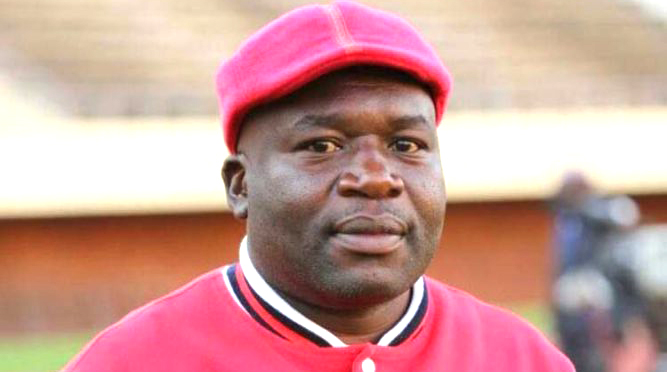Editorial Comment: Zim, China ties cast in stone

Zimbabwe and China’s friendship, which can be traced back to more than a thousand years, through to the liberation struggle, has withstood the test of time.
The strong bond between the two nations is based on mutual respect and understanding, which has resulted in one of the strongest bilateral relations that Zimbabwe enjoys with its international partners.
The Sino-Zimbabwe relationship continues to flourish under the Second Republic when ties were elevated to a comprehensive strategic partnership, that allows the two nations to advance cooperation for the people’s advantage.
The cooperation’s mutual benefit was underscored by President Mnangagwa on Wednesday during a tour of the new Parliament Building under construction by China’s Shanghai Construction Group (SCG) in Mt Hampden, 25km outside Harare.
Apart from the Parliament Building, Mt Hampden is also expected to be the seat of two other pillars of Government — the Executive and the Judiciary.
Ironically, the settler colonialists had wanted Mt Hampden to be their capital.
The Zimbabwean leader, who was accompanied by Vice Presidents Constantino Chiwenga and Kembo Mohadi, and the Chinese Deputy Ambassador to Zimbabwe Zhao Baogang, thanked China for the bilateral assistance extended so far, which has resulted in the construction of a number of infrastructural development projects worth hundreds of millions of United States dollars.
According to Ambassador Zhao, “the new Parliament Building is the largest project in a single country in Africa aided by the Government of the Republic of China in recent years”.
Pouring cold water on critics of the Sino-Zimbabwe cooperation, President Mnangagwa detailed the mega deals agreed between Harare and Beijing, that include the Zimbabwe National Defence University, Kariba South Hydropower project and Hwange Thermal Power Station’s Units 7 and 8, to name but a few.
“I can go on and on, mentioning mega deals completed or in progress done by our friends and those that are in the pipeline. But you will find that our detractors will minimise that support,” remarked President Mnangagwa.
These strategic infrastructural projects are the cornerstone for implementing strategies for Vision 2030, where Zimbabwe strives to attain middle income status. Like other countries in Africa, this has also seen Zimbabwe benefitting from the Belt and Road Initiative.
“Those countries that speak against our good relations with our friends have done nothing except impose sanctions on us. We know the responsibility for the modernisation and growth of our economy rests with us and then seek assistance from those who are willing to support our programme of modernisation and industrialisation”, said President Mnangagwa.
President Mnangagwa also underscored the ruling Zanu-PF party’s appreciation of the support that China continues to extend, a move that has also given impetus to Zimbabwe’s Look East policy, the engagement and re-engagement thrust by the Second Republic.
“Fortunately, both we in Government and the party (Zanu-PF) and general leadership in this country, we fully know and appreciate and are grateful about that relationship,” said President Mnangagwa.
As Zimbabwe and China continue to strengthen their cooperation, it is hoped that mechanisms are put in place for people to understand the importance of the win-win situation obtaining in the friendship.
The media, whose role is to inform and educate the people, must deliberately ensure that there is need to break the Western media-driven school of thought that thrives on hegemony and destructive criticism, while setting agendas meant to give them best advantage in former colonies.
While they conduct multi-billion-dollar business deals with China, they do not want to see former colonies enjoying the same privileges, choosing instead to term it as “neo-colonialism” of Africa through development assistance, trade and debt.
There is therefore need to deepen the cooperation to extend to other fields, especially the media.
As one media practitioner remarked in 2017: “No African country is in a win-win situation with the West, but they have with China. Opportunities abound for media cooperation, opportunities that can be vehicles for development and prosperity. One of the issues that the African media has to learn from its Chinese counterparts is reporting on developmental issues, reports that would enable development-oriented policy making by governments.”










Comments